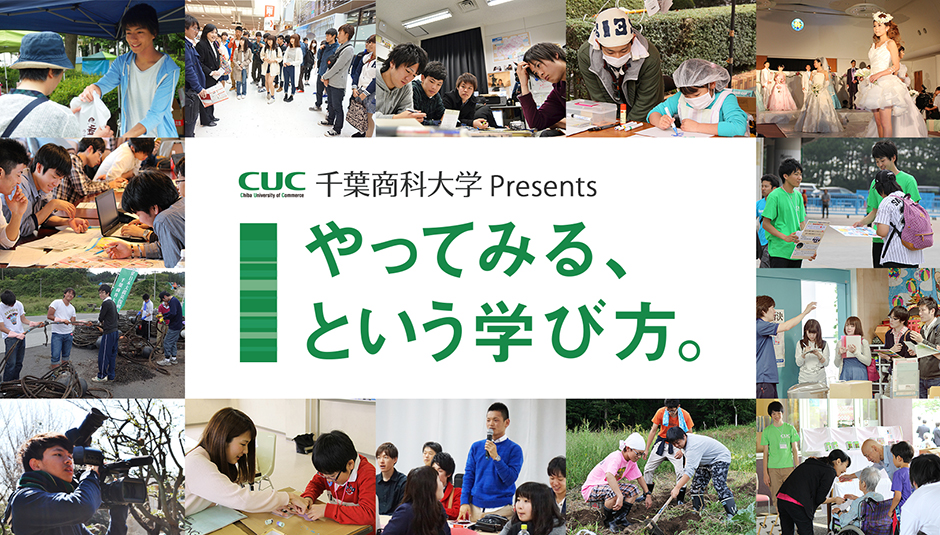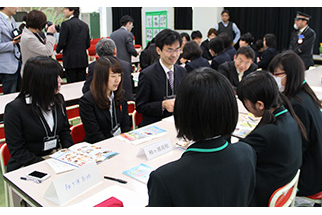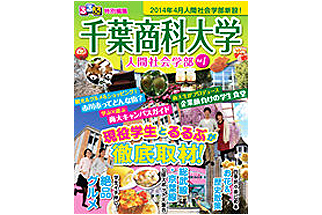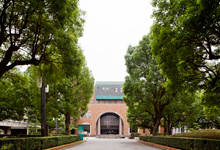The concept of active learning at Chiba University of Commerce is "a way of learning to try."Based on the knowledge and perspectives learned in university classes, students participate in various projects in the real world, repeatedly absorbing theory and practice, and solving problems and goals set by themselves. I am aiming to achieve it.

Aiming to revitalize the area along the Kururi Line
The projects that Chiba University of Commerce students have participated in so far are diverse, including joint projects with companies and local governments, community building activities by discovering tourism resources, and volunteer activities in disaster-stricken areas.For example, one of the projects carried out by the Faculty of Human and Social Studies in 2015 was the "Kururi Line Project".
The JR Kururi Line is a 32.2km long railway line that runs through Kisarazu City, Kimitsu City, and Sodegaura City, Chiba Prefecture, and is the only non-electrified JR line in Chiba Prefecture.In recent years, the number of users has been sluggish, so a project was launched with the aim of revitalizing areas along the railway lines and increasing the number of users.Forty-seven students from Chiba University of Commerce participated in this large-scale project in which many organizations such as Chiba Prefecture and local governments along the line, the Chamber of Commerce, JA, and JR East collaborated.

Unique collaboration with local high school students
The biggest feature of the Kururi Line project was the collaboration project with local high school students in various forms.High school students are the main local users who use the Kururi Line for their daily commute to school, and by having them provide their unique perspectives, they can revitalize the project and generate better proposals for the future. Was the aim.Chiba University of Commerce students carry out fieldwork along the Kururi Line with local high school students.We aimed to discover new tourism resources by interviewing the rich and beautiful nature left along the railway line, the shopping street with the atmosphere of a castle town, and information on gourmet food and souvenirs unique to this area.An article summarizing the results of their interviews is included in the special page of the special edition "Rurubu-Chiba University of Commerce Faculty of Human and Social Studies Vol.2015-" published in November 11 in the area magazine "Rurubu".The offprint version of the article is used as a tourism promotion tool.
In addition, this Kururi Line project has a number of unique projects such as the "High School Student Photo Contest" for local high school students and the "High School Student Dream Making Contest" that proposes regional revitalization measures.In the future, we will not only attract tourists, but also disseminate information that will lead to attracting permanent residents in various places along the railway line.


